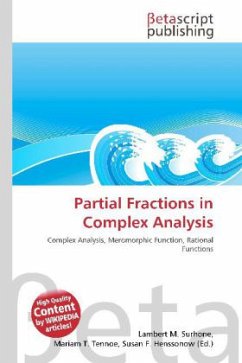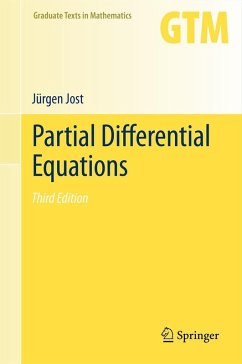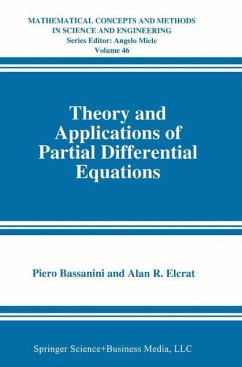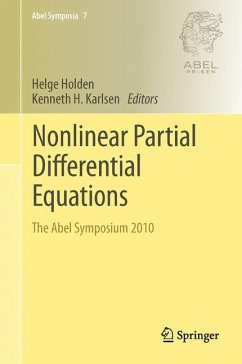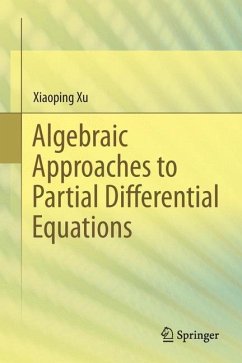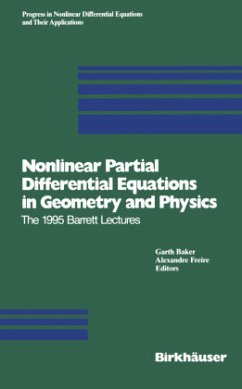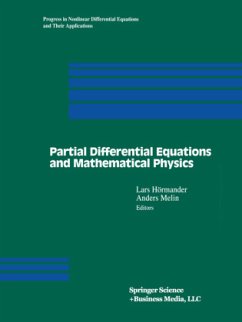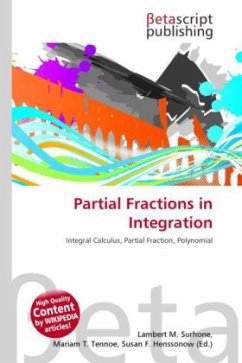
Partial Fractions in Integration
Versandkostenfrei!
Versandfertig in 6-10 Tagen
30,99 €
inkl. MwSt.

PAYBACK Punkte
15 °P sammeln!
High Quality Content by WIKIPEDIA articles! In integral calculus, the use of partial fractions is required to integrate the general rational function. Any rational function of a real variable can be written as the sum of a polynomial function and a finite number of partial fractions. Each partial fraction has as its denominator a polynomial function of degree 1 or 2, or some positive integer power of such a function. If the denominator is a 1st-degree polynomial or a power of such a polynomial, then the numerator is a constant. If the denominator is a 2nd-degree polynomial or a power of such a...
High Quality Content by WIKIPEDIA articles! In integral calculus, the use of partial fractions is required to integrate the general rational function. Any rational function of a real variable can be written as the sum of a polynomial function and a finite number of partial fractions. Each partial fraction has as its denominator a polynomial function of degree 1 or 2, or some positive integer power of such a function. If the denominator is a 1st-degree polynomial or a power of such a polynomial, then the numerator is a constant. If the denominator is a 2nd-degree polynomial or a power of such a polynomial, then the numerator is a 1st-degree polynomial.



